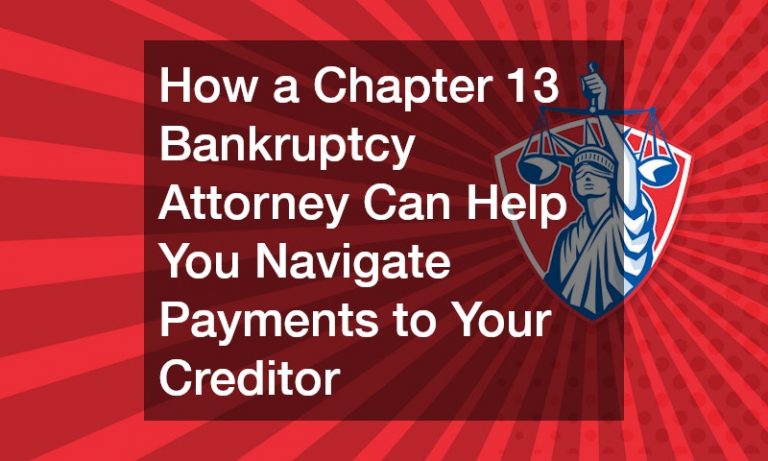
Conveyancing is a crucial aspect of property transactions, encompassing the legal processes involved in transferring ownership of real estate from one party to another. Whether buying or selling a property, understanding the intricacies of conveyancing is essential for ensuring a smooth and legally sound transaction.
Understanding Conveyancing:
Conveyancing involves a series of legal steps aimed at transferring property ownership from the seller to the buyer. It encompasses various tasks, including verifying the property’s legal status, conducting searches, preparing legal documents, and facilitating the exchange of contracts.
Conveyancers, also known as conveyancing solicitors or property lawyers, play a central role in overseeing the conveyancing process. They act on behalf of buyers and sellers, ensuring that all legal requirements are met and that the transaction proceeds smoothly.
Role of Conveyancers in Property Transactions:
Conveyancers play a crucial role in facilitating property transactions, ensuring that the legal aspects are handled efficiently and in compliance with relevant laws and regulations.
Conveyancers verify the identity of clients as required by law and collect payments for necessary items on behalf of their clients. They also liaise with the seller’s conveyancer to obtain essential documents and prepare the contract pack, which includes the property title, official plan, and relevant information provided by the seller.
One of the primary responsibilities of conveyancers is to order and review searches, which provide essential information about the property and its surroundings. They analyze the search results, address any issues that arise, and report their findings to the buyer.
Conveyancers also raise inquiries with the seller’s conveyancer to seek clarification on any matters related to the property. These inquiries help ensure that buyers have a comprehensive understanding of the property’s status before completing the transaction.
Once the mortgage offer is received, conveyancers review the details to ensure compliance with the lender’s conditions. They coordinate with all parties involved to facilitate the exchange of contracts, during which both buyer and seller become legally bound to the transaction.
As the completion date approaches, conveyancers finalize arrangements, including the transfer of funds and coordination of key handover. On the completion day, they oversee the transfer of funds and facilitate the release of keys, allowing buyers to take possession of their new property.
Importance of Conveyancing in Property Transactions:
Conveyancing plays a vital role in ensuring the legality and smoothness of property transactions. By entrusting the conveyancing process to experienced professionals, buyers and sellers can avoid potential legal pitfalls and ensure that their interests are protected throughout the transaction.
From conducting thorough property searches to drafting and reviewing legal documents, conveyancers handle various tasks to facilitate a successful property transaction. Their expertise and attention to detail help minimize risks and ensure that the transaction proceeds according to plan.
Furthermore, conveyancers provide invaluable guidance and support to their clients, addressing any concerns or questions that may arise during the conveyancing process. Their knowledge of property law and regulations enables them to navigate complex legal matters effectively and provide clients with peace of mind.
Common Challenges in Conveyancing:
Despite the importance of conveyancing, property transactions can encounter various challenges that may delay or complicate the process. Common issues include discrepancies in property titles, unexpected search results, and difficulties in obtaining necessary documentation.
Delays in the conveyancing process can occur for various reasons, including incomplete paperwork, slow responses from parties involved, and unexpected legal issues. However, experienced conveyancers can mitigate these challenges by proactively addressing issues and working diligently to keep the transaction on track.
Common Legal Documents Involved in Conveyancing
Title Deeds: Title deeds are legal documents that prove ownership of a property. They contain essential information about the property, including its boundaries, any restrictions or covenants affecting it, and details of previous owners. During conveyancing, the buyer’s solicitor examines the title deeds to verify the seller’s ownership and identify any potential issues that may affect the transaction.
Contract of Sale: The contract of sale is a legally binding agreement between the buyer and seller outlining the terms and conditions of the property transaction. It includes details such as the purchase price, deposit amount, settlement date, and any special conditions. Both parties must sign the contract, and once exchanged, it becomes legally binding, committing both parties to the sale.
Mortgage Documents: For buyers obtaining financing to purchase the property, various mortgage documents are involved in the conveyancing process. These may include the mortgage offer from the lender, mortgage deed, and other loan-related documents. The buyer’s conveyancer ensures that all mortgage documents are reviewed and executed correctly to secure the loan.
Transfer of Land: The transfer of land document, also known as a transfer deed, is the legal instrument used to transfer ownership of the property from the seller to the buyer. It contains details of the parties involved, the property description, and any relevant terms and conditions of the transfer. Once completed, the transfer of land is lodged with the relevant land registry to update the ownership records.
Conclusion
In conclusion, conveyancing plays a pivotal role in property transactions, ensuring that the process is legally sound and executed smoothly. By enlisting the services of qualified conveyancers, buyers and sellers can navigate the complexities of property law with confidence and peace of mind.
From conducting thorough property searches to facilitating the exchange of contracts and overseeing the completion process, conveyancers handle various tasks to facilitate successful property transactions. Their expertise and guidance are invaluable in ensuring that clients’ interests are protected throughout the conveyancing process.
Overall, understanding the role of conveyancing and the importance of working with experienced conveyancers is essential for anyone involved in buying or selling property. By prioritizing legal compliance and thorough due diligence, individuals can navigate property transactions with confidence and achieve their desired outcomes.
.




